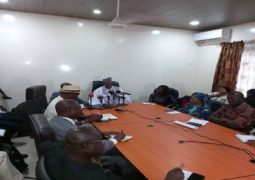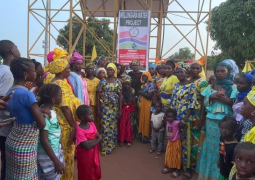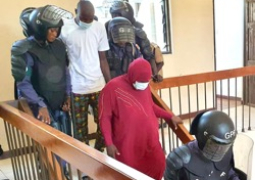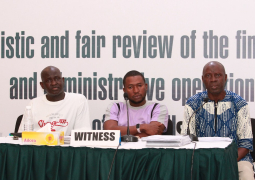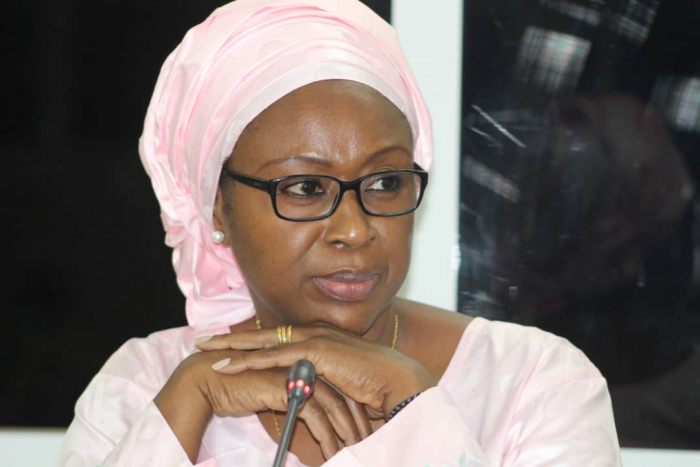
“Let it be on record that I was not used by anybody and I will not be used by anybody. During my time, it was a normal system consistent with the law. I didn’t have any interference with the judiciary because it is not under my purview. My job was not to please the president. My job was to advise the president according to law and I did.”
After the TRRC counsel put it to her that certain laws were used by the then government to prosecute civil servants, the witness denied the proposition, saying she didn’t have any law as attorney general to prosecute people. She insisted that parliament is responsible for enacting laws and the ministry to prosecute.
Dwelling on the prosecution procedures, lawyer Singhateh told the commission that the files for prosecution are passed through the DPP Office and then to her for confirmation.
The counsel further indicated that directions were given to the DPP to prosecute under her (Singhateh’s) watch. Witness testified she was not aware of such, adding that cases were prosecuted based on laws and facts.
On whether her office used to receive an executive order from President Jammeh, the witness confirmed in the positive, stating that the state is vested with the power.
“The constitution empowers the president to give an executive directive. Every letter that comes as an executive directive has a content and cases are prosecuted ordered by law. The president is vested with the power to issue an execute directive whether on economics, security or others.”
With regard to the case of Ousainou Darboe and colleagues, who were detained, the witness said she was not aware, saying if it’s true that they were denied bail, then it was unlawful. Counsel put it to the witness that the evidence they received were that the DPP used to deny bail to some individuals, but the witness said that is not true.
On whether she issued a statement threatening to arrest some members of the bar association, the witness said that is not under her purview and that she didn’t have that power.
On the case of Ansumana Jammeh, who was asked to be bailed with D100, 000, the TRRC counsel asked whether she was the one that appealed to Jammeh to reduce the fine; the witness burst into laughter, wondering what she had to do with such as if the president was the judge.
On human rights violations, the witness said: “I don’t deny that Gambia has human rights records, but no country in the world has a perfect human rights record. We have the mandate to advocate for the rights. People outside will come to tell us about the human rights violation while our lawyers and so-called CSOs are around without bringing to our attention the alleged human rights violation. If they did, then I would have taken steps in providing support to the relevant department responsible.”
On the established Tax Commission in 2011, the witnesses confirmed she was the head and the commission was established with legal basis to look into corrupt practices and more. When she was told that the commission was tasked to target lawyers, the witness averred that was false.
“When a commission of inquiry is established and completed its mandate, there is no law that powered another commission to question the work of an already concluded commission.”
Ex-AG confirmed to the commission that she was a minister when Jammeh declared the country an Islamic State and she advised Jammeh that there were certain procedures to follow and the matter should have been taken to referendum. “Following that advice, he still insisted that he would go ahead with the declaration.”


